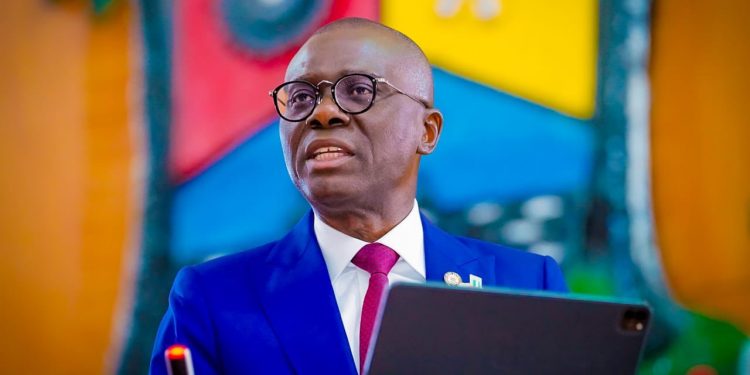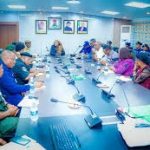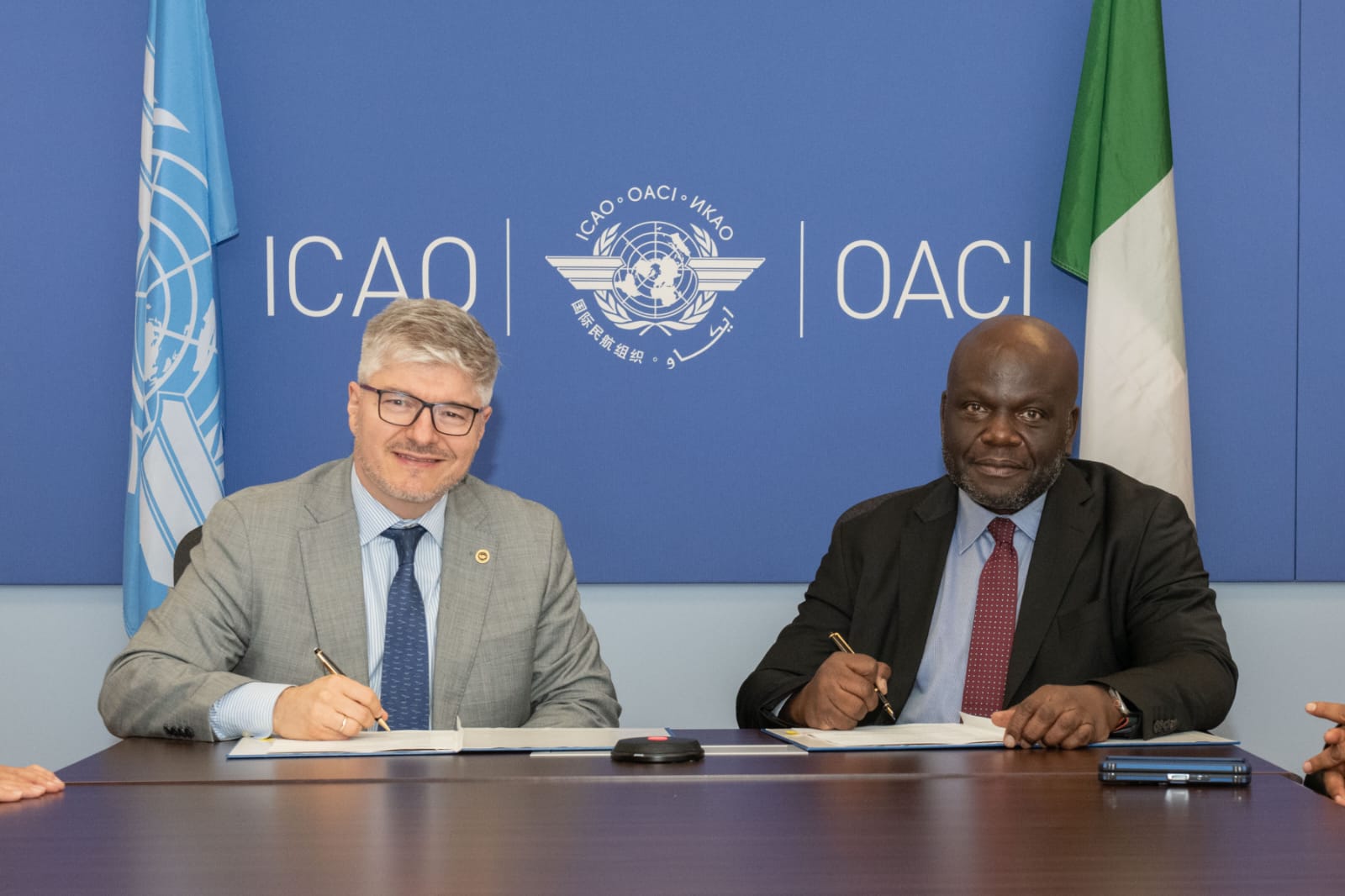Lagos State has reaffirmed robust plans to strengthen business mobility and unlock new economic opportunities for small and medium enterprises (SMEs) through a massive integrated transport and aviation expansion.
The state’s vision was articulated at the 3rd FAAN National Aviation Conference, an event focused on leveraging infrastructure for national economic growth. Speaking at the conference, where the Secretary also represented President Bola Ahmed Tinubu to the Government of the Federation, Senator George Akume, Governor Babajide Sanwo-Olu, represented by Dr. B.O. Adebayo, declared that Lagos is heavily investing in a fully connected rail, road, water, and air system to fundamentally support commerce and ease the movement of goods for entrepreneurs.
The Governor highlighted significant progress on the Blue and Red Line trains, which are already carrying thousands of commuters daily. Critically, he announced that the planned Green Line rail is set to link Marina directly to Lekki and the site of the Lekki–Epe International Airport. He described the new airport as a strategic piece of infrastructure that will not only decongest the Murtala Muhammed International Airport (MMIA) but will also specifically support the rapidly expanding Lekki industrial and Free Trade Zone corridor. This move is designed to drastically reduce logistics delays and transport costs for SMEs operating within the state and those looking to export their products, thereby positioning Lagos as West Africa’s leading aviation and logistics hub.
The integrated system extends beyond rail. Sanwo-Olu noted that the state is simultaneously upgrading major arterial road networks and expanding the capacity of its water transportation system, including the activation of new jetties and ferries.3 This multi-modal approach ensures that businesses can move products efficiently from the port, through the waterways and roads, and ultimately to the rail network or the international airport. This seamless movement is projected to drastically cut down on turnaround time and operational bottlenecks currently faced by small businesses.
Sanwo-Olu added that the entire transportation project is being designed with rigorous attention to climate responsibility, community impact, and long-term economic value. He assured key industry stakeholders, including FAAN, the Nigerian Civil Aviation Authority (NCAA), investors, logistics operators, and airline partners, that Lagos is fully open for business and is committed to building a safer, stronger, and more competitive aviation sector that fundamentally enables small and medium-sized businesses to thrive and compete globally.










